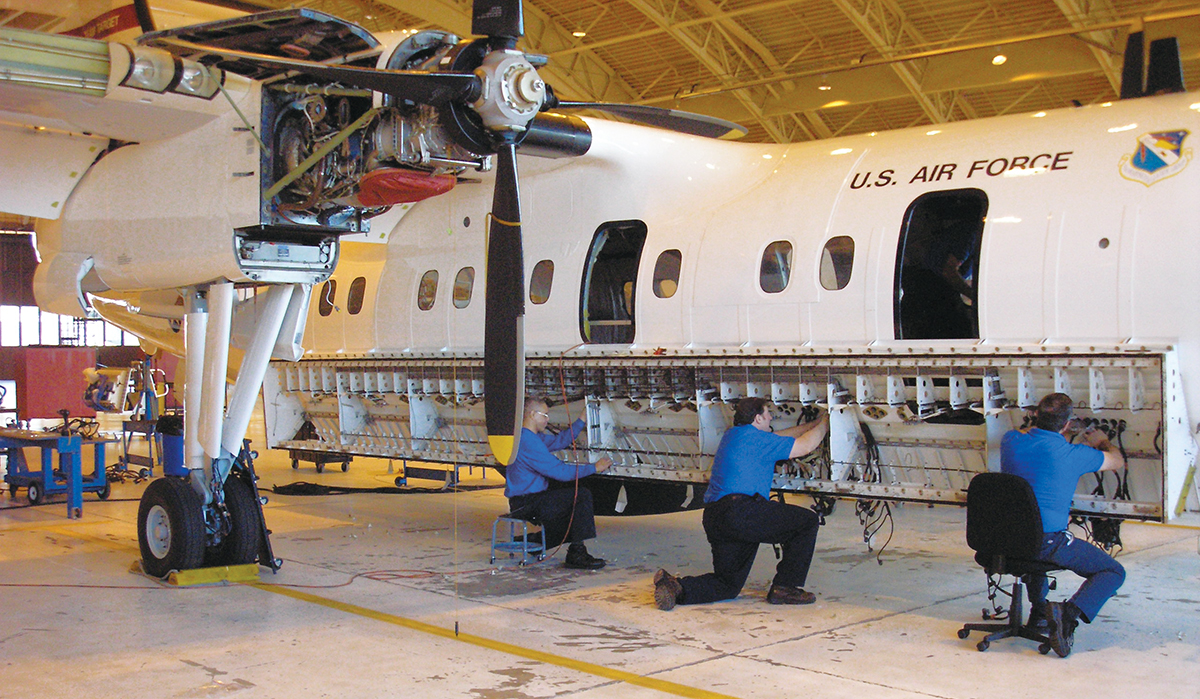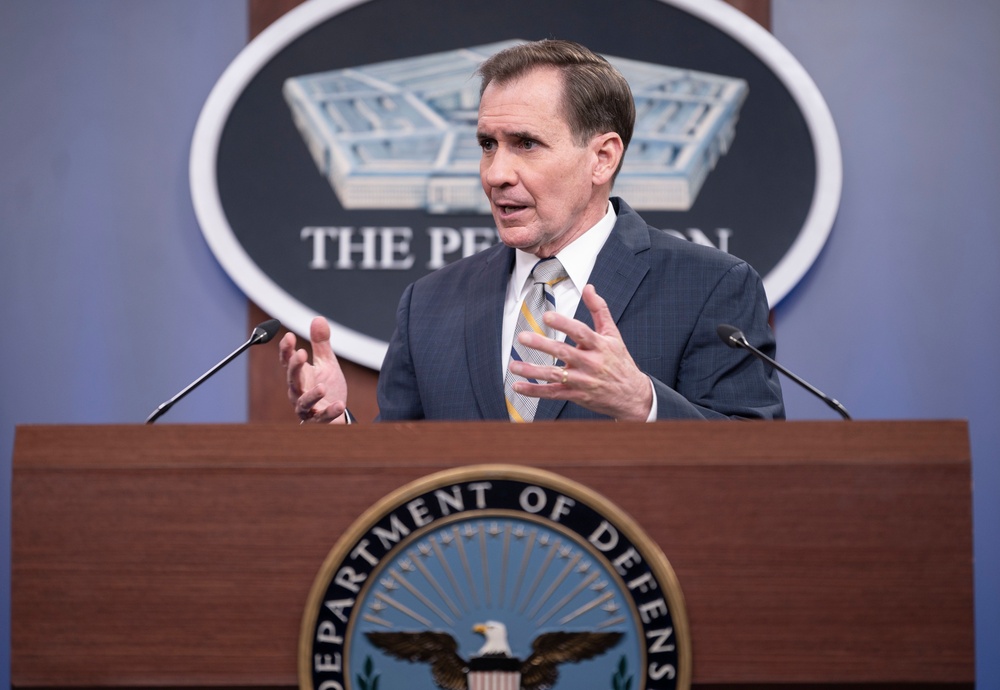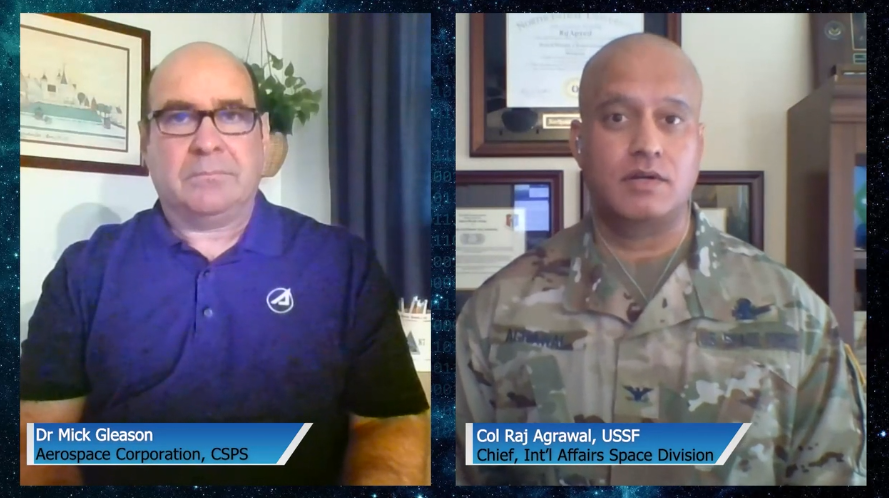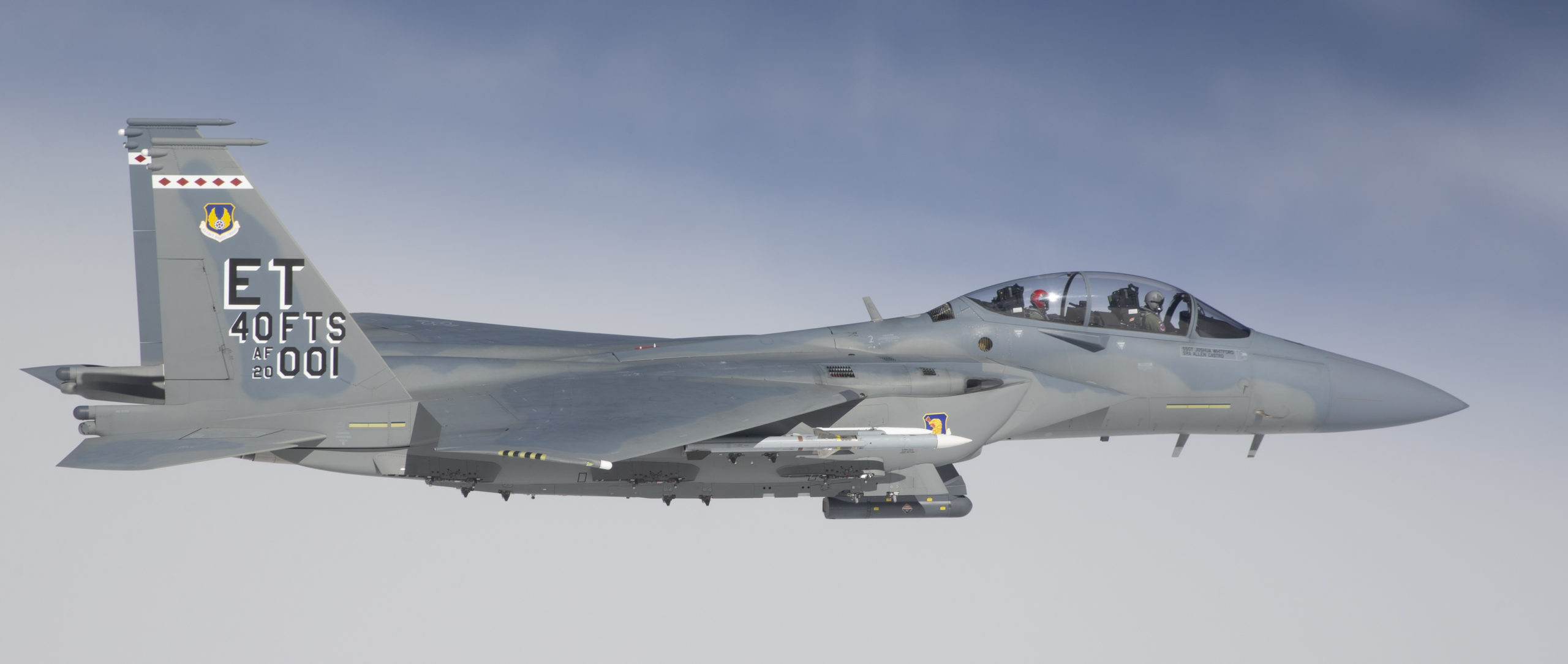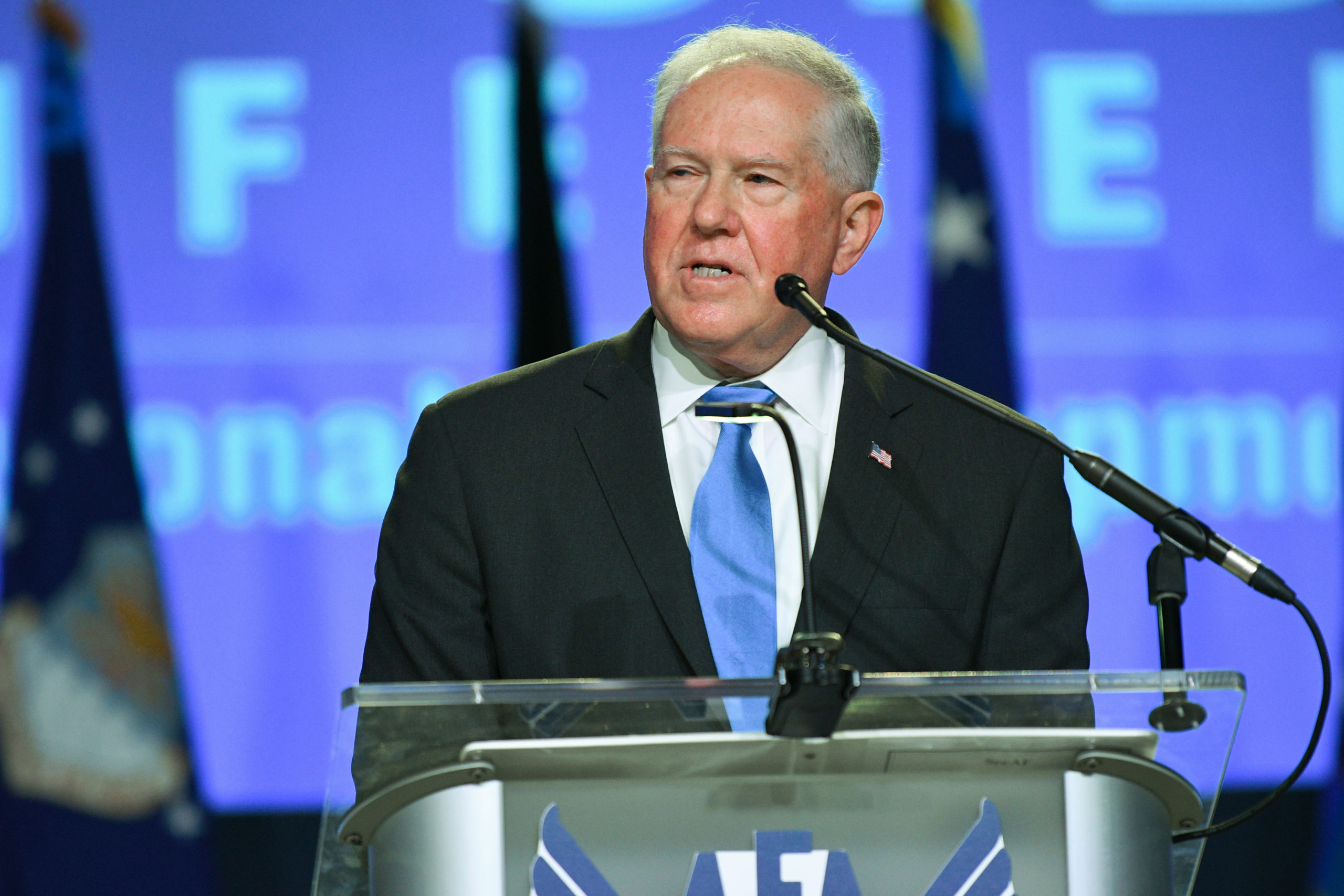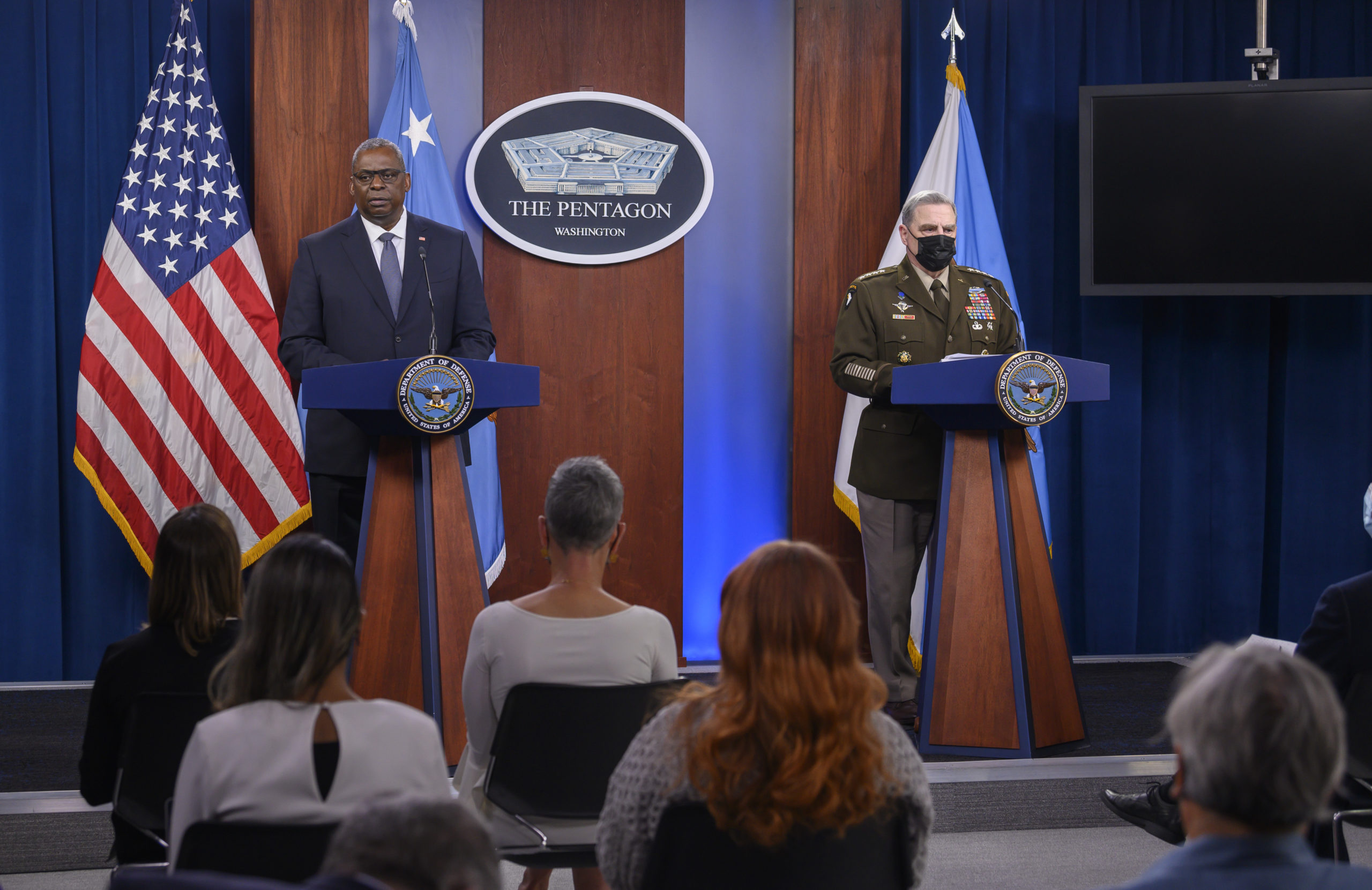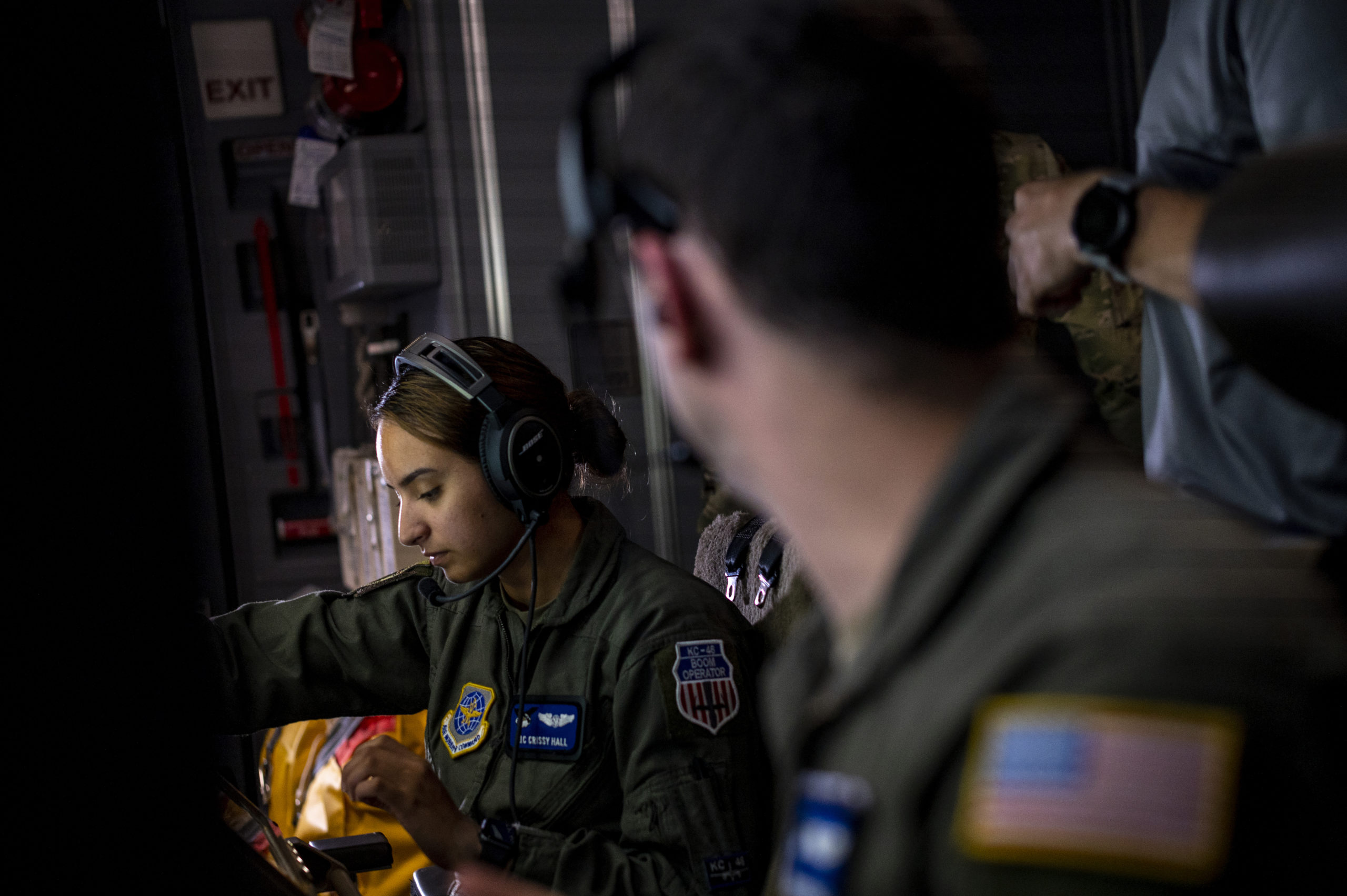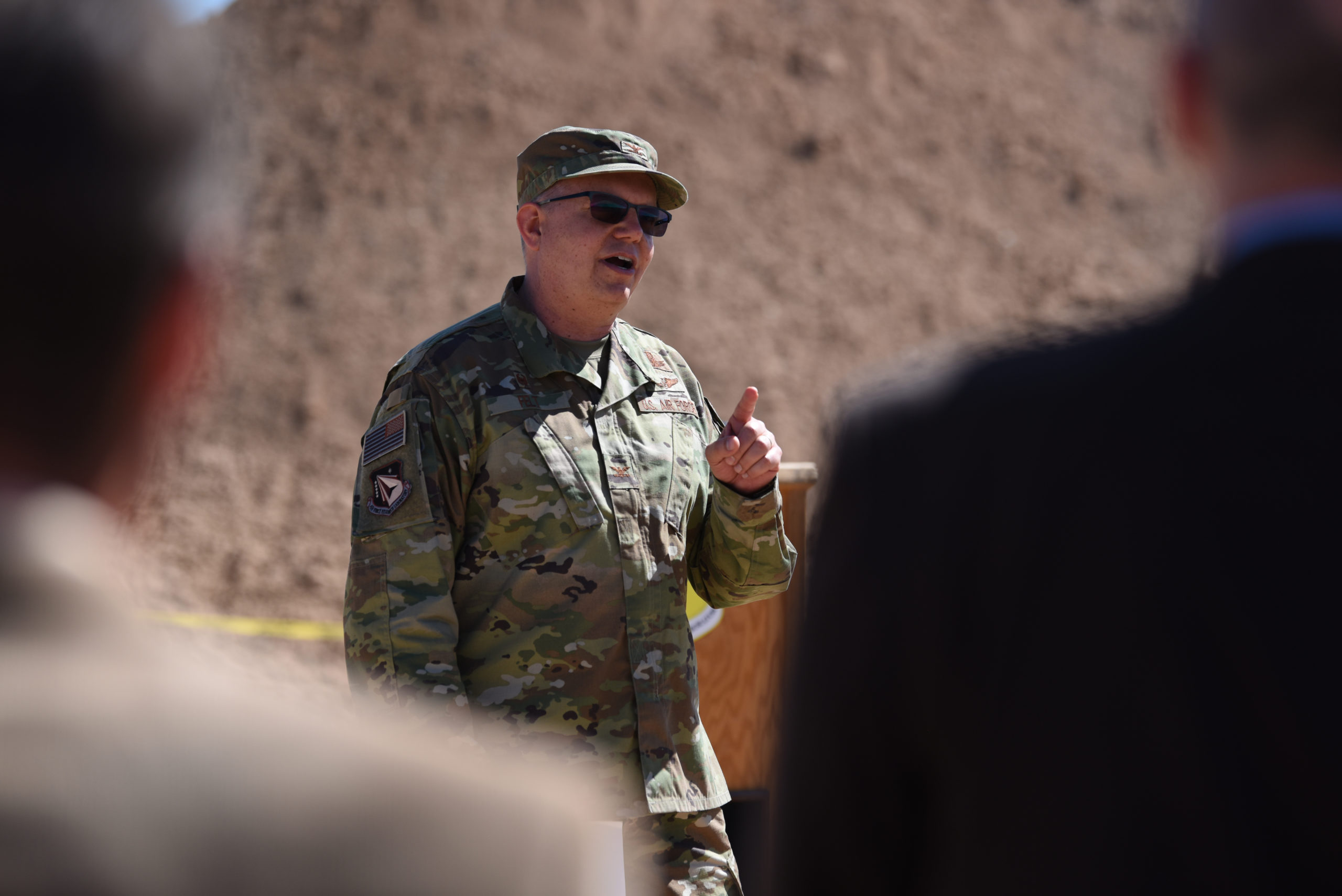Prime defense contractors represent some of the most prestigious names in aviation. They know what they’re doing. Think BAE Systems, Boeing, Collins Aerospace, General Dynamics, General Electric, Honeywell, Huntington Ingalls, L3Harris, Lockheed Martin, Northrop Grumman, Raytheon Technologies and more. Yet, even these global, time-tested, industry leaders can find themselves in need of added support.
That’s where subcontractors come in. King Aerospace offers a case in point. While this contractor logistics support (CLS) provider occasionally serves as a prime contractor itself, its smaller size leads it to more frequently fill a subcontractor role. King Aerospace positions itself uniquely, saying it is really in the people business with a focus on making a positive difference in the lives of others. They just happen to work on aircraft (albeit often some extremely important aircraft).
King Aerospace has gained performance-based experience supporting the U.S. government and all branches of the military—Air Force, Army, Coast Guard, Navy/Marine Corps, Department of Energy, Department of Defense, Drug Enforcement Administration, Federal Bureau of Investigation and Homeland Security. Since many prime contractors request confidentiality about the subcontractor’s role, King Aerospace refrains from publicly sharing specifics. It simply notes its extensive, hands-on experience supporting government-operated, special-mission aircraft, primarily military derivatives of Boeing, DeHavilland and Beech King Air aircraft.
“Whether the aircraft is flying a top-level government official or conducting information-gathering flights over a demilitarized zone on the other side of the world, our support does not waver,” says Jarid King, president of King Aerospace Companies. “Our no-excuses approach ensures each mission receives the attention it deserves. Which means it gets our complete attention.”
CLS Is a Calling
Delivering CLS services can take King Aerospace to some risky places. The men and women who wear the King Aerospace wings could use the locations’ volatility and potential danger as an excuse, but they do not. They get the job done so members of the U.S. military can do theirs.
Most of the military aircraft King Aerospace supports are commercial derivative aircraft not originally designed for military needs. Its team understands how to modify and maintain these aircraft for the military’s use. It’s also more cost effective for the government – and taxpayers – than building military-specific aircraft and maintaining special parts for them. Aircraft CLS programs cover a wide scope of services from field support technicians who provide maintenance at the flight line to supply-chain management. King Aerospace does it all.

The military expects MROs to meet the highest standards as they manage and maintain government-owned aircraft fleets and subcontract work from major defense contractors. It helps that the expected highest-possible quality aligns with the operations King Aerospace has in place for its corporate and VVIP aircraft, including the Boeing Business Jet. King Aerospace has been honored as the Boeing Supplier of the Year for collaboration.
“That’s especially meaningful to us, because it acknowledges our ability to listen, problem solve and pull together as a team,” says Greg Mitchell, vice president of government services for King Aerospace Inc. “We approach CLS as our patriotic duty. We give it all we’ve got – and we do it well.”
Specialized logistics support directly speaks to King Aerospace’s maintenance abilities and company-wide passion for service to the men and women in the U.S. Armed Forces. Many King Aerospace team members are themselves veterans. They embrace the company’s long-stated passion for God, Country and Family.
“At King Aerospace our commitment to God, Country and Family is not sales rhetoric, but a way of life,” says Jerry King, company founder and chairman.

A Focus on the Why
King Kulture drives the excellence of the company’s services. Part of that is helping all team members find and follow their “why,” their internal motivation. Everyone involved in its contractor logistics support services understands their unique and valued roles. What they do each and every day, wherever they are in the world, helps ensure our troops’ readiness and America’s security, both today and tomorrow.
While many CLS providers average five to 10 years for contract retention, King Aerospace typically keeps contracts from 10 to 18 years. Because of this longevity, King Aerospace often acts as the stabilizing factor as military forces rotate in and out. It shepherds the new personnel as they transition in. More work frequently comes their way, a sign they are delivering at a high level.
Troops Only Fly If Aircraft Do
CLS helps ensure U.S. military troops’ mission readiness. Soldiers can’t fly if aircraft are grounded.
“CLS produces a dynamic environment,” says Jarid King. “You must be ready for anything, anytime – and time and again we’ve proven that we are.”
King Aerospace’s highly trained team members rapidly deploy wherever and whenever they are needed. The company operates AS9110C-certified facilities and FAA repair stations at Biggs Army Airfield, Fort Bliss, El Paso, TX; Kirtland Air Force Base, Albuquerque, NM; and Camp Humphreys, South Korea. It also operates 24/7 logistics outposts around the world, including some of the most remote, hostile and harsh locations. Forward deployed locations can on rare occasion come under attack by opposing hostile forces. The company takes the protection of its personnel seriously and ensures appropriate measures are taken to minimize risks and threats.
“It’s no small thing to get parts and people into challenging environments where travel is restricted,” says Mitchell. “I’m proud of our dedicated, mission-focused team and how they continually strive to do the right thing for the right reasons and with the right attitude. The most commendable of all – they do it even when no one is looking.”
